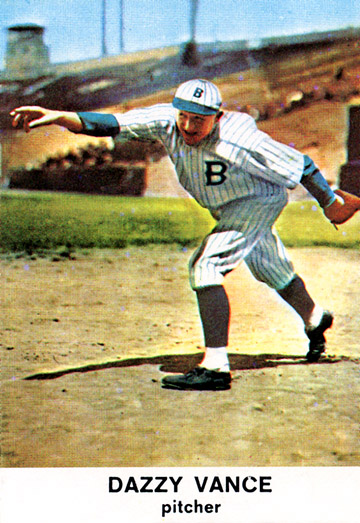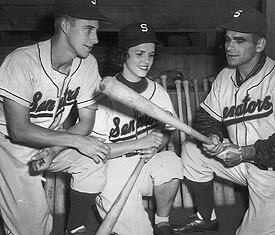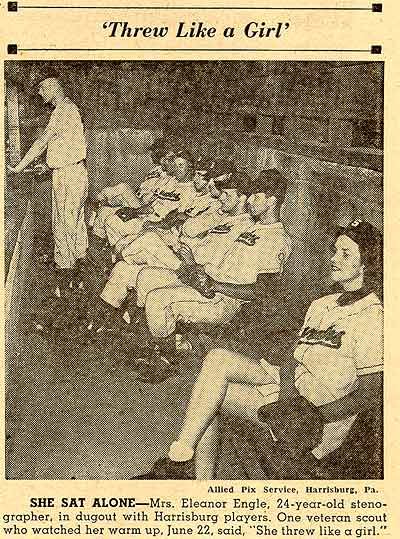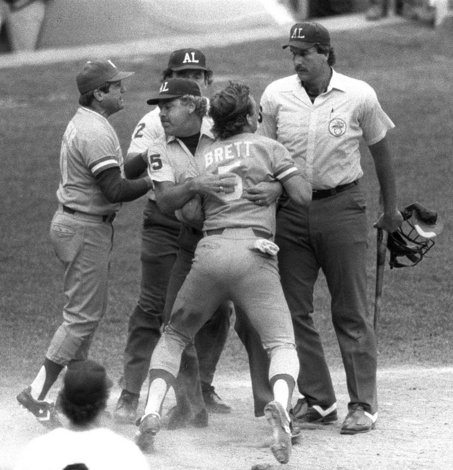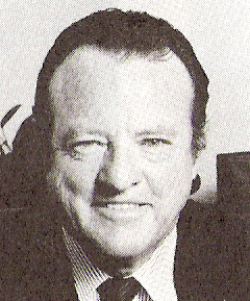Did Branch Rickey Really Believe Yogi Berra Would Never be a Major League Ballplayer?
Here is the latest in a series of examinations into urban legends about baseball and whether they are true or false. Click here to view an archive of the baseball urban legends featured so far.
BASEBALL URBAN LEGEND: Branch Rickey did not think Yogi Berra would be a major league ballplayer.
STATUS: I’m Going With False
Joe Garagiola, while never really having a great career in the Major Leagues, still stuck around for nine seasons in the big leagues as a catcher before embarking on a much more successful career post-baseball as a sports announcer and then panelist on The Today Show (he would also serve as the host of a number of game shows, including To Tell the Truth).
However, interestingly enough, while Garagiola might not have been the best catcher in the major leagues, he turned out not to even be the best catcher on his STREET, as he grew up on the same street in St. Louis with future Hall of Fame catcher Yogi Berra (who sadly passed away this week at the age of 90)!
In 1942, both teenagers were seen as roughly equitable, with Garagiola actually receiving slightly more favorable reviews from most scouts.
In that same year, the St. Louis Cardinals and their then General Managers Branch Rickey signed Garagiola to a contract along with a $500 signing bonus (which was a nice chunk of change in 1942).
At the same time, Rickey seemed quite dismissive towards Berra as a ballplayer, including reportedly saying that Berra was too awkward and would never make it in the big leagues.
Ultimately, the Cardinals did offer Berra half of what Garagiola was offered, which Berra turned down.
The next year, the New York Yankees ended up throwing their money around and made Berra the same bonus offer (although, as it turned out, he would have to stick with the team all season to get the bonus money, something that was not made all that clear when he was first signed) and Berra, naturally, went on to have a Hall of Fame career with the Yankees.
Here is Berra and Garagiola together in 1947…
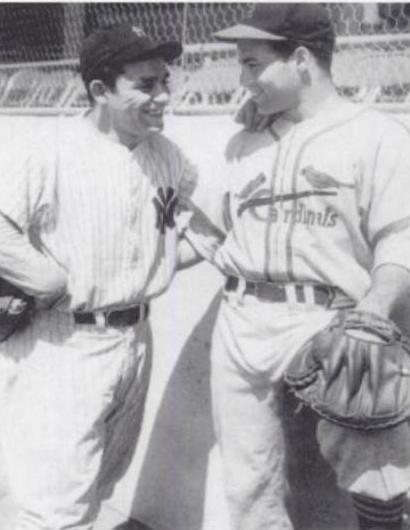
Berra held a grudge against Rickey for years, bitter over Rickey’s dismissive attitude toward him.
However, I don’t believe Rickey WAS really that dismissive toward him, and even Berra, much much later in his life, seemed to come around to that way of thinking, as well.
Read the rest of this entry »


